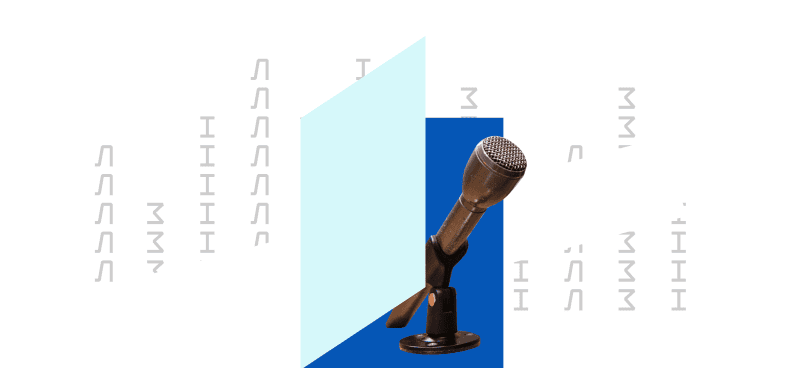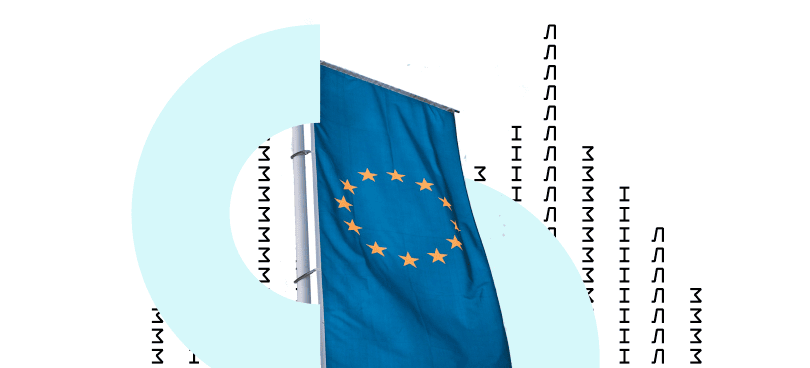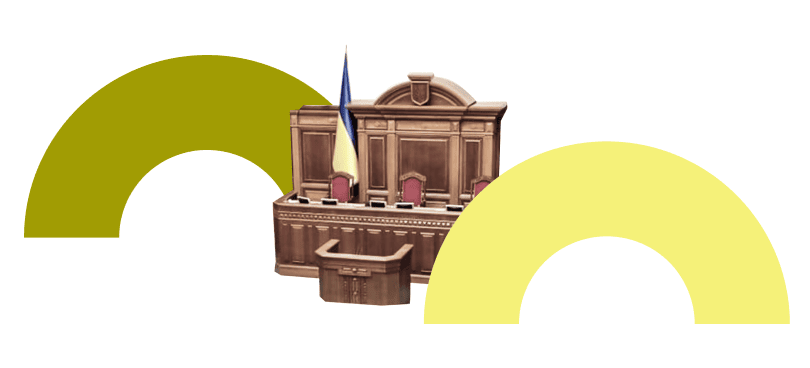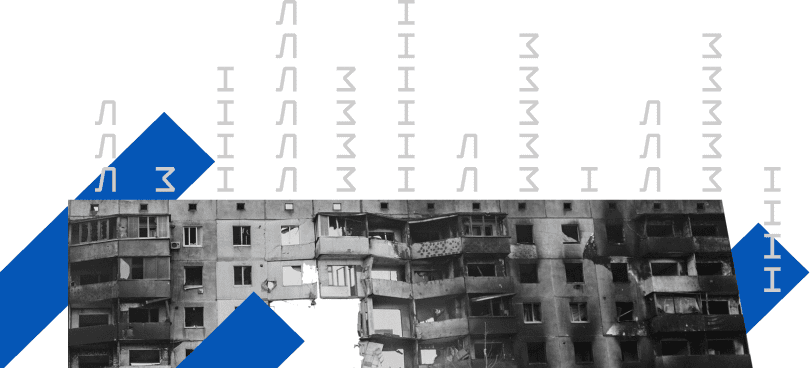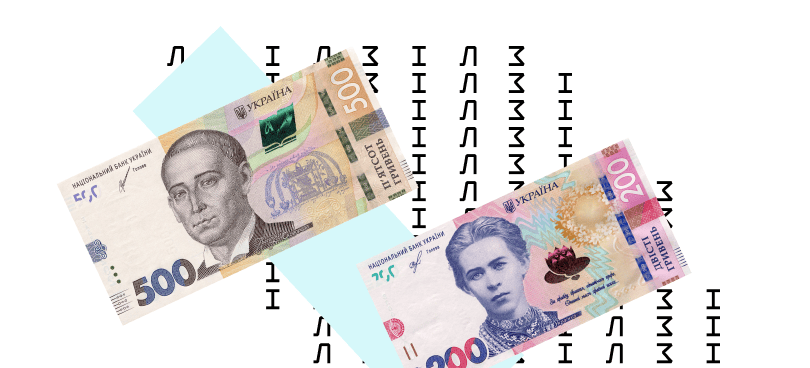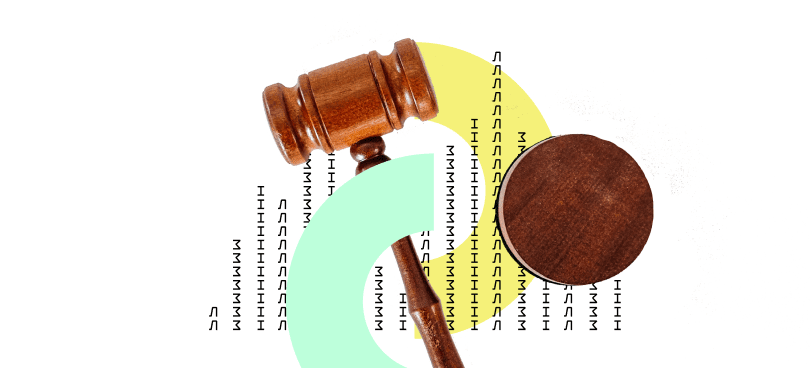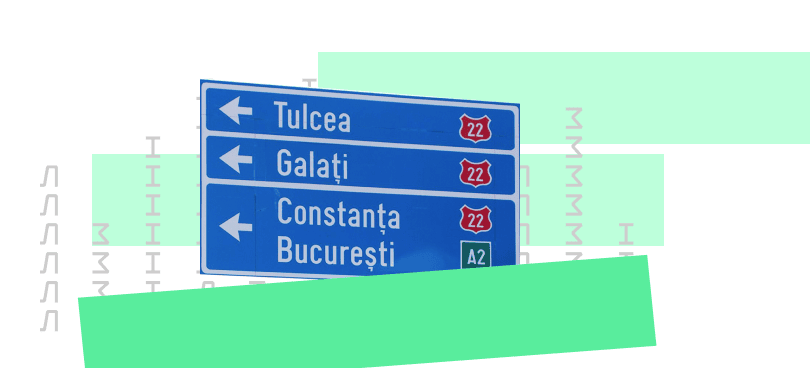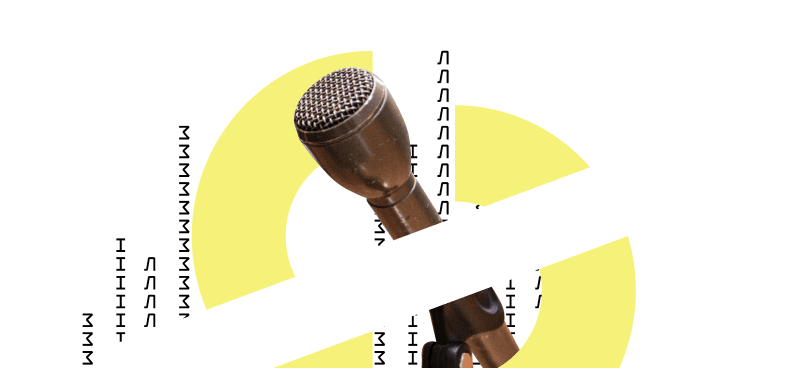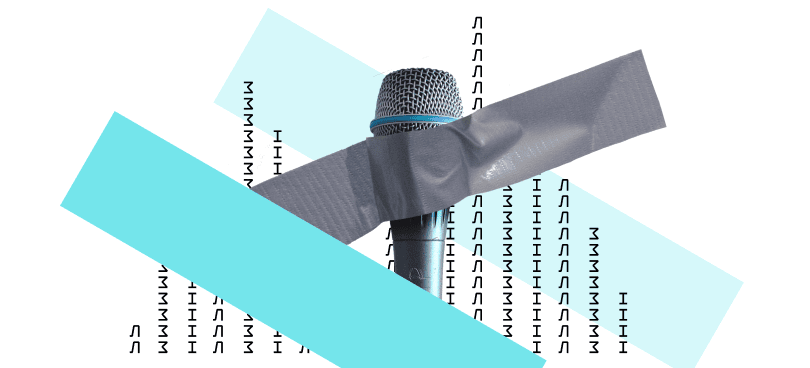Over this year, the Rada worked fruitfully, having adopted [at the time of this text publication] 231 laws). Some of them caused a whole range of emotions – from screams of “Betrayal!” (Zrada in Ukrainian) on social networks to a more positive reaction to innovations. Other laws seem to have been disregarded by the public, although they will have a significant impact on society. Here are 5 laws adopted this year which will influence Ukraine, the war, and society.
Disclaimer: The mentioned laws are not necessarily “good” or “bad.” Their quality is to be determined by the Cabinet of Ministers and specialised experts following their implementation. We have highlighted the most important ones, those where their considerable influence is hard to deny.
Law 3077-IX dated 2 May 2023, “On Service in the Local Government”
Why is it important? This law was recognised by the relevant committee as one of the priority laws in the field of decentralisation. They worked on its development for two years, having involved numerous public organisations and associations, and the adoption of this law received positive feedback from the public. The draft law on service in the local government is an integral part of decentralisation reform, as well as the state service reform. The law will take effect after the war. However, the preparations for new regulations are underway.
What does it change? Optimising remuneration processes and their transparency, respective payments will be published in the public domain. Approving a new position – manager of the local government service, who will ensure appropriate employment conditions and fair competition for managerial positions. The competitions will also become more transparent: interviews with the winners will be published for the public. Generally, employees will receive additional legal protection, and their status will finally be properly stipulated by law.
Initiator(s): The Cabinet of Ministers of Ukraine.
Law 3161-IX dated 28 June 2023, “On Amendments to Some Legislative Acts of Ukraine Regarding Certain Issues Related to Military Service During Martial Law”
Why is it important? With the beginning of the full-scale invasion, cash payments to military servicepersons increased significantly. However, over time, mass mobilisation and the simultaneous economic decline caused discussions about the reduction of payments: the burden on the budget turned out to be excessive. As the Minister of Finance later said, “It is impossible to calculate and impossible to fund.” Although with different arguments, the Ministry of Defence agreed: the department emphasised “the adherence to the principles of justice in terms of motivating soldiers of the security and defence forces of Ukraine.” Hence, starting February 2023, the amount of additional monetary compensation for some categories of military servicepersons was reduced. This decision caused a harsh response from the society. After six months of discussions and struggle, a decision was adopted to increase payments to some categories of military servicepersons, and the Cabinet of Ministers specified categories and the amount of payments by its resolution.
What does it change? Different categories of military servicepersons received different increases in additional monetary remuneration. This way, UAH 100,000 is now paid to military personnel of missile and artillery forces, as well as to those who are engaged in demining in the area of combat operations. UAH 50,000 is paid to military personnel from command and headquarters. Those who perform demining outside the combat area will be paid an additional remuneration of UAH 30,000. Remuneration to wounded military servicepersons was increased to UAH 20,100, as well as to training centre instructors – from UAH 15,000 to UAH 30,000. Furthermore, this law increased the vacation period to 30 days per year.
Initiator(s): Davyd Arakhamia, Head of the parliamentary faction “Servant of the People,” and 125 more MPs.
Law 3354-IX dated 24 August 2023, “On Law-Making Activity”
Why is it important? For more than 30 years after Ukraine’s independence, there was no “law on laws” in place to regulate law-making activity. The definition of the “law,” “regulatory act,” and other important instruments were present only in theory. In the history of Ukrainian law-making, other problems related to the lack of high-quality regulation of the process became apparent. Lack of long-term planning of law-making activity, the absence of established rules for registration, as well as ineffective control over the implementation of laws by the executive power – all had a negative influence on the development of Ukrainian legislation. Therefore, a new law, “On Law-Making Activity,” is supposed to rectify this.
What does it change? The Law “On Law-Making Activity” is aimed at establishing the rules for the effective development of legislation and high-quality control over its implementation. The law establishes definitions of such notions as the “law,” “code,” “legislation of Ukraine,” and others. Legal monitoring is also introduced for more specific parliamentary control over the effectiveness of legislation application. Law-making will also be subject to regulation: the creation of a number of analytical, forecasting and programme documents for public policy will be introduced. Each stage of regulatory act drafting is elaborated in detail.
Initiator(s): Ruslan Stefanchuk, Chair of the Verkhovna Rada of Ukraine, and 190 other MPs.
Law 3384-IX dated 20 September 2023, “On Amendments to Some Laws of Ukraine on Determining the Procedure for Submitting Declarations of Persons Authorised to Perform State or Local Government Functions under Martial Law”
Why is it important? At the beginning of the invasion, the Verkhovna Rada suspended the obligation to submit declarations for officials until peacetime. The reason for such a decision was the reaction to a full-scale war – a significant part of public officials and their families were located in the occupied territories, and accessibility of public information could expose them to direct danger. However, over time, the fight against corruption came back into the focus of civil society and international partners. The return of declarations and opening of the registry was one of the requirements: of the IMF – in order to receive funding, the EU – had to start negotiations regarding membership in the EU. The law on resuming compulsory submission of declarations was adopted, although with one exception: the opening of the registry was scheduled for the time after the end of martial law. This little detail caused a harsh reaction from the public, which is why the President vetoed the law, demanding that declarations be made accessible immediately and that the necessary number of votes be gathered.
What does it change? No later than 90 days after the enactment of the law, authorised persons shall be obliged to submit declarations for 2022–2023 (unless submitted before). If declarants are serving in the military or stay in the temporarily occupied territories, the deadlines for submitting declarations for them shall be different: declarations shall be submitted within 90 days after de-occupation of the person’s place of residence; return from the place of permanent deployment; from the date of the termination of powers; from the day when martial law is lifted. In addition, the Unified State Register of Declarations shall become accessible within 30 days from the date of enactment of the law.
Initiator(s): Davyd Arakhamia, Head of the parliamentary faction “Servant of the People,” and 40 more MPs.
Law 3428-IX dated 8 November 2023, “On Amendments to Section VI of the Budget Code of Ukraine on Ensuring Support for the Defence Capability of the State and the Development of the Defence Industry of Ukraine”
Why is it important? The full-scale invasion and significantly greater mobilisation level caused a considerable increase in state expenses for payments to military servicepersons. This resulted in the increased amount of personal income tax to be paid to local budgets where military units are deployed. Hence, while the state budget suffered a significant deficit of 50%, a considerable share of local budgets increased their revenues through the personal income tax of military personnel. Expenses of communities attracted the attention of citizens, in particular, mass media. Questions appeared: is it worth spending money on parks and paving in the midst of a full-scale war? Central authorities also had similar questions concerning the efficiency of spending, given the significant deficit of funds in the state budget. So, the idea was born to reallocate personal income tax from military personnel’s salaries to the state budget, though such a step raised even more questions. On the one hand, the state needs more money in the armed fight against the invader. At the same time, during recent years, Ukraine has made moderate progress towards decentralisation, providing communities with more power. This law means a drastic U-turn from declared values. Finally, the decision to transfer the “military” personal income tax to the central budget was adopted. But what will it mean in practice: regular centralisation of the state in conditions of war or an attack on communities and moving back to authoritarianism? Only time will tell.
What does it change? In 2024, around UAH 96 billion are expected to be received from the “military” personal income tax. Of them, 45% will be allocated to the Administration of the State Service of Special Communications and Information Protection of Ukraine for manufacturing and procuring UIVs; 45% – to the Ministry of Strategic Industries of Ukraine for developing the defence and industrial complex, and 10% – to military units relative to the paid personal income tax. Expenditures on donations to local budgets were also increased to prevent their deficit and compensate for the loss of the “military” personal income tax.
Initiator(s): The Cabinet of Ministers of Ukraine.
During the second year of full-scale war, the most important laws adopted by the Verkhovna Rada are distinguished by the continued armed resistance against the occupying state. In spite of the war, Ukraine keeps undertaking reforms in other spheres, in particular, in the anti-corruption sector. Some laws were adopted under public pressure and based on assumed commitments, and others were the result of many years of hard work. Some laws became objects of long and fierce discussions, while others received unconditional support. 2024 will present new challenges to Ukrainian parliamentarians. We hope that the Parliament will be able to address them with dignity.

